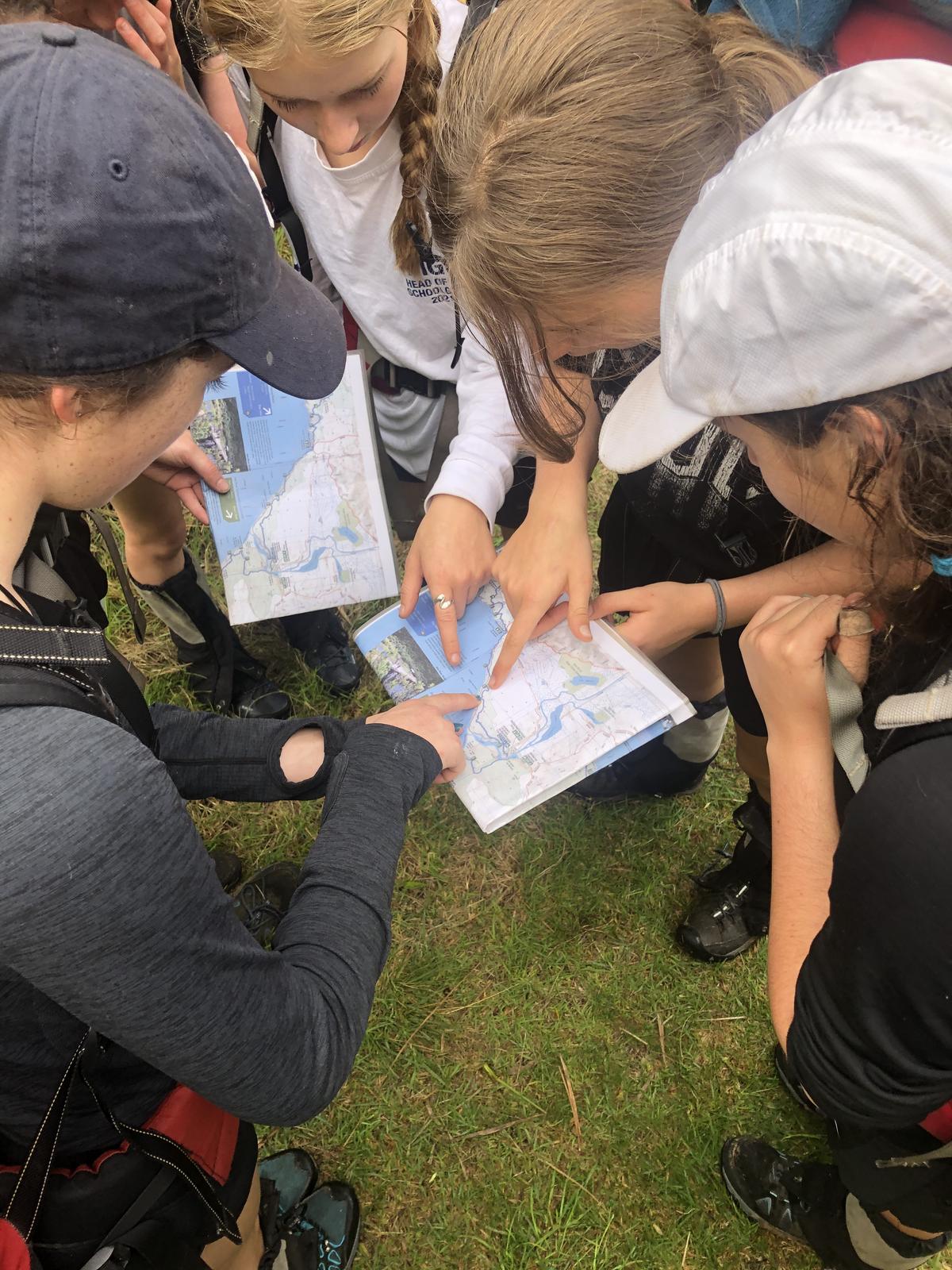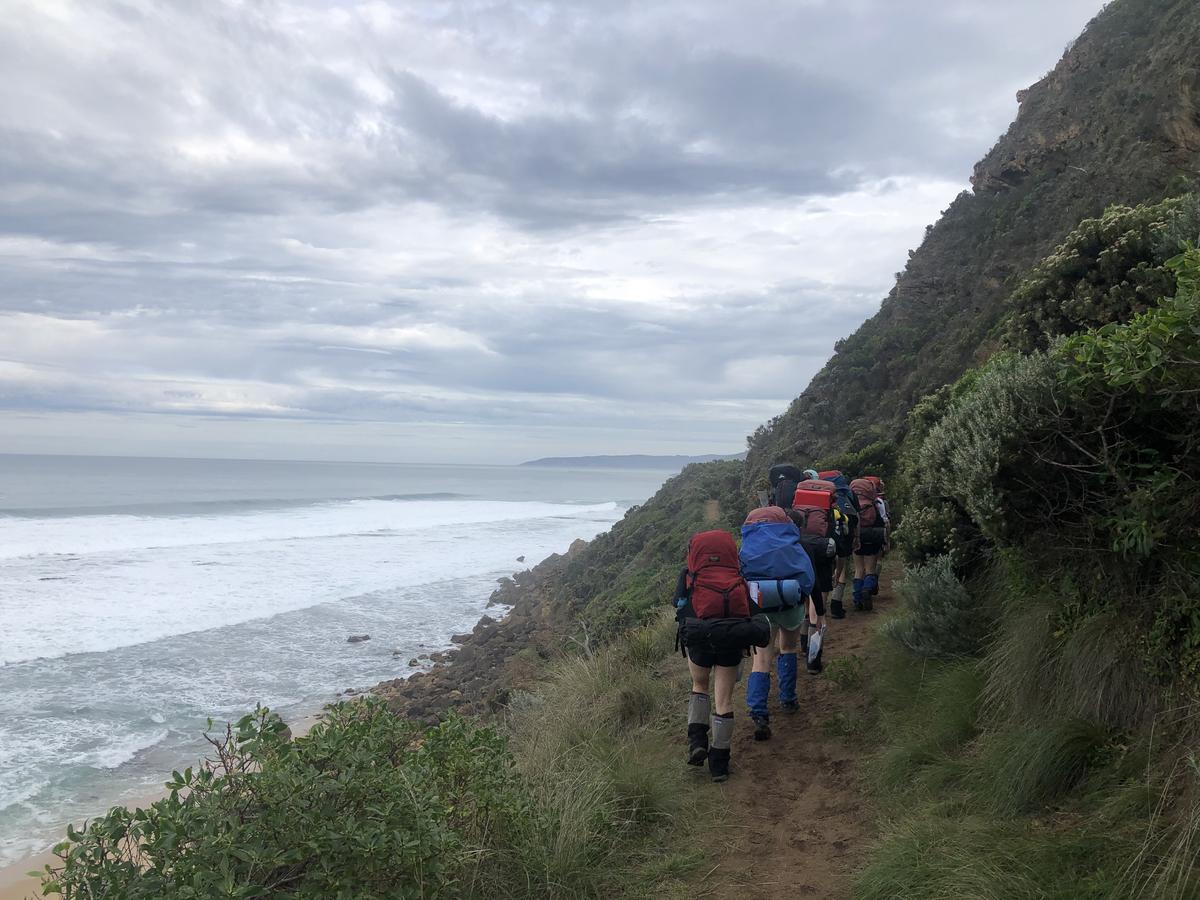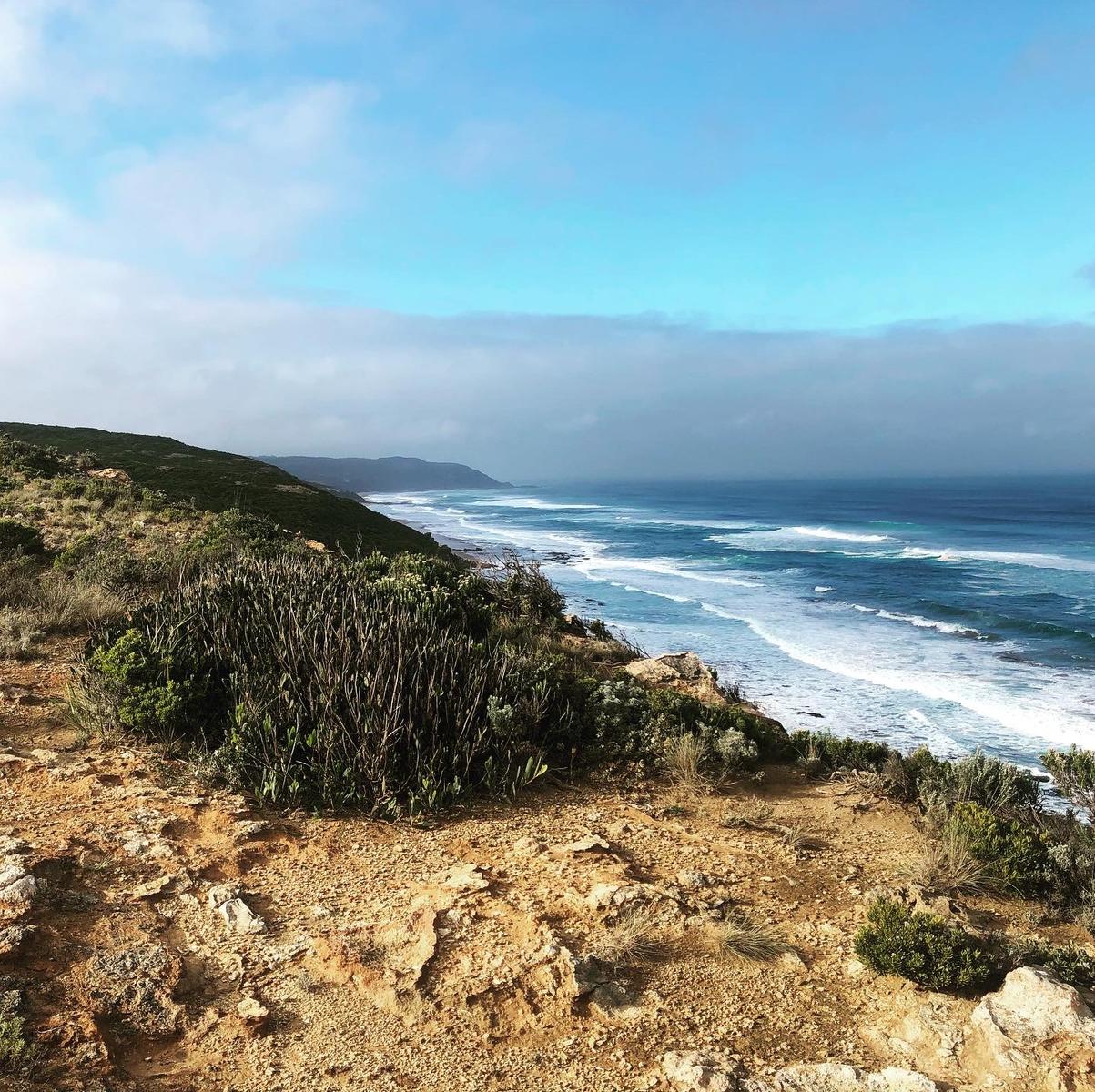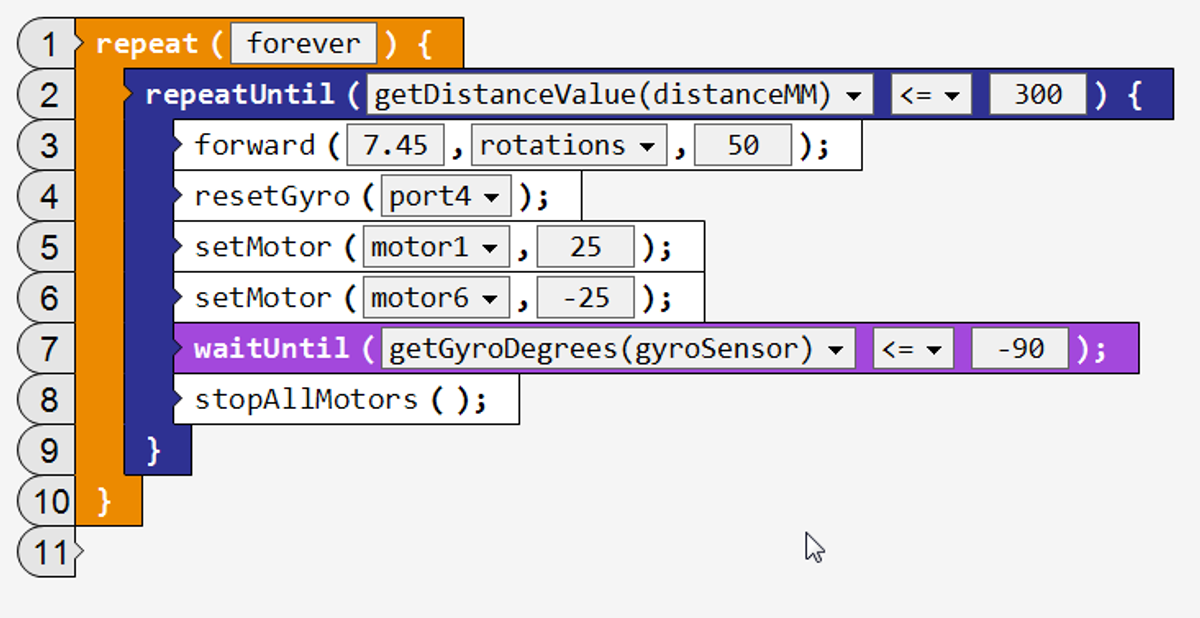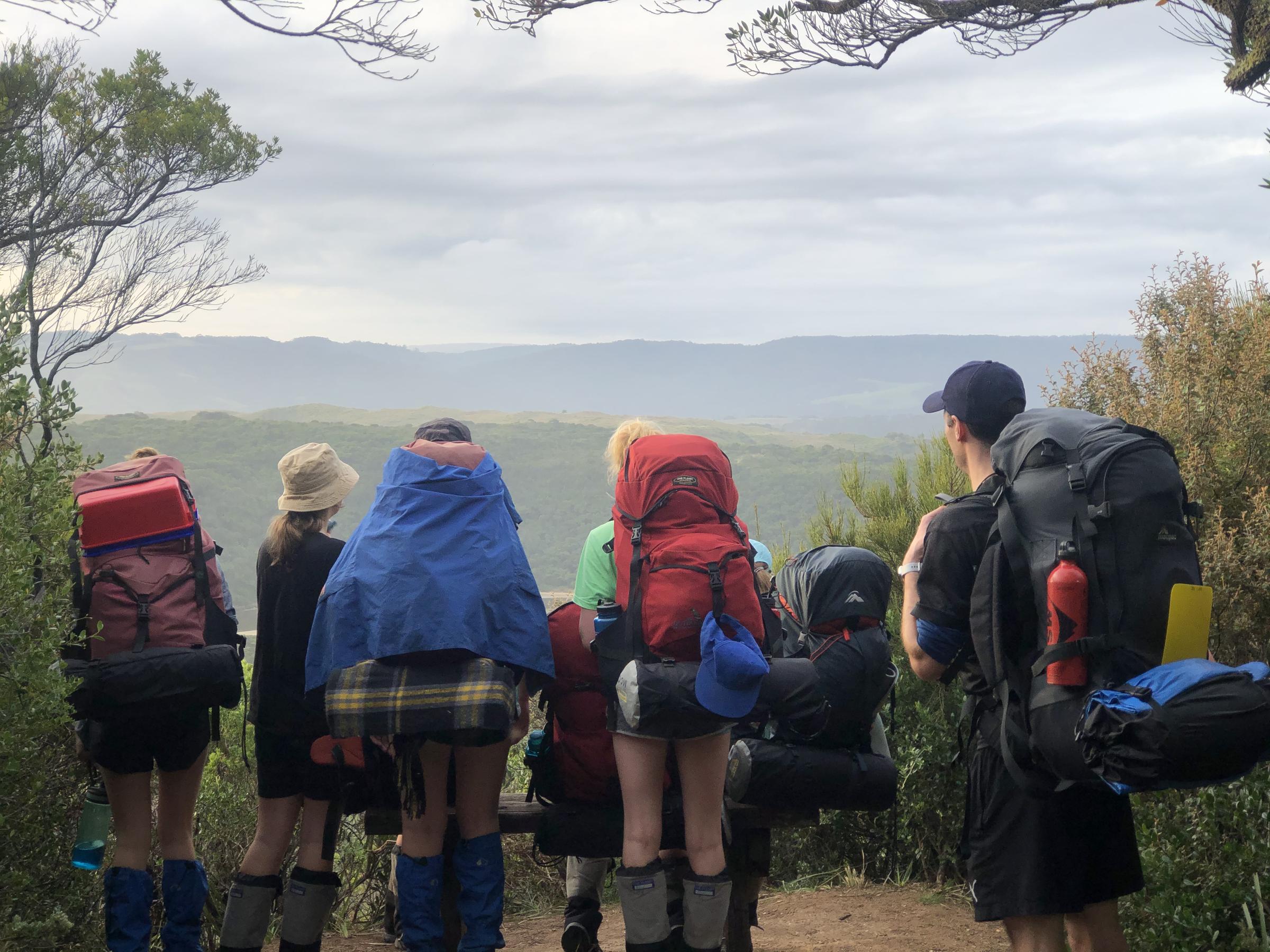
Cross Discipline Electives
These subjects are offered as semester long courses. You can select up to 2 of these electives if you are studying a Language or up to 4 of these electives if you are not undertaking a Language subject.
- Forensic Science
- Isms
- Marine Biology
- Outdoor Education
- STEAM Robotics and Engineering
- Writing Now
Forensic Science (9FS)
Curriculum Focus
In this elective unit, students will learn how science can be used to solve crimes. They will develop the skills to make observations, collect and analyse evidence using the tools of the forensic scientist, and analyse articles of crime cases both past and present.
Learning Outcomes
At the conclusion of the unit, students will work both collaboratively and independently to: examine hair and fibre under a microscope and use scientific drawing techniques in order to distinguish between human and animal hair and natural and synthetic fibres; explain how fingerprints are made, collected and analysed at a crime scene; describe the difference between blood groups and link this to genetic inheritance; analyse case studies and make an informed judgement about a crime by considering all evidence presented; and analyse crime scenes and human remains in order to hypothesise on the nature of the crime that took place.
Marine Biology (9MB)
Curriculum Focus
In this unit, students will investigate the types of aquatic ecosystems that occur in and around Australia. Taking a multi-disciplinary approach, students will research, model and display a variety of ecosystems and investigate the reliance of humans on this largely mysterious environment. There will be set excursions to the Melbourne Aquarium across the Semester, where students will conduct a series of observational studies and research. Students will be involved in first-hand data collection, conduct practical investigations of marine organisms and their environments, as well as participating in hands on ecological investigations. Students can attend an optional 3-day camp in Queenscliff where they will engage in current scientific research conducted at The Marine and Freshwater Research Institute.
Learning Outcomes
At the Completion of this unit, students should have successfully:
- Researched, designed and maintained an aquarium that features a real Australian marine ecosystem
- Expanded their knowledge of the marine environment
- Developed a respect for sustainable harvesting and responsible tourism
Note: there is a fee associated with this course of approx. $15.00 per semester.**
**Please note there will be additional costs for the camp (if students wish to participate), which will cover accommodation, food, transport costs, equipment and activities.
ISMS (9ISM)
Curriculum Focus
This unit explores the powerful and controversial social and intellectual movements of modern times that have shaped the way we think about ourselves and our world. It aims to give students a critical insight into the ideas that revolutionised art, philosophy, political science, psychology and religion in 20th century. A range of movements will be investigated, including modernism in the visual arts, communism and Marxism, atheism, feminism and existentialism.
Learning Outcomes
On completion of this unit the student should be able to identify the features of the main intellectual and social movements of the 20th century and situate them historically. They should be able to describe the key elements of the texts or manifestos that accompanied these movements and discuss how they have influenced the way we live in the contemporary world.
Outdoor Education (9OE)
Curriculum Focus
Students will be given the opportunity to participate in a number of recreational outdoor activities within the MGC environment and along the Yarra River, including mountain biking, rock climbing and orienteering. Students will also complete a 3 day hiking camp which will include learning about aspects of environmental issues and management. A range of practical sessions are included to ready students for the camp, including camp cooking, map reading, team initiatives, tent pitching and packing for an overnight hike. Theory topics include gear and technology for the outdoors, a location case study and designing a wilderness adventure.
Learning Outcomes
Students will gain an understanding and experience a range of outdoor skills, including using a range of sustainable practices in an outdoor environment and understand why these are important for the future of both the environment, biodiversity and location for humans to visit and use for recreation and resources. Students will have the chance to improve their practical skills in mountain biking, teamwork, leadership, rock climbing, bush cooking, tent pitching and orienteering.
Unit Requirements
- Practical participation
- Bringing and wearing correct clothing and equipment for activity classes
- Ability to work in a team
Please note that due to the practical nature of this subject, there is an approximatecourse cost of $495. Any changes will be shown in the course confirmation booklets in November.
The cost covers: 3 day camp – transport, accommodation, activities, equipment, staffing and other costs including 2 indoor rock climbing sessions.
Please note: If a student withdraws from this elective or does not attend a camp/activity, there may be no refund. Please refer to the schools’ refund policy for further information.
STEAM Robotics (9ST)
Curriculum Focus
By 2025, it is estimated that 4 million workers will be displaced by automation in Australia alone. The fastest growing and most in demand career paths are in information technology and computer programming. This elective seeks to provide students with an introduction to the necessary skills in computer programming, robotics and basic engineering. This course will teach students how to code and use high-level programming commands to make a robot move, turn and rely on a range of sensors. Students will apply this knowledge to solve real-world problems (like navigating a driverless car), both individually and in groups. Students will work with physical robots and on simulated, virtual environments. Students will combine programming knowledge with engineering design skills to create physical structures and environments through which a robot can be programmed.
Learning Outcomes
This unit meets learning outcomes from a number of learning areas. Students will develop mathematical skills involving algebra, rates and ratios and proportionality. They will develop scientific enquiry skills, algorithmic and computational thinking skills and the ability to apply design thinking strategies to develop solutions. “Soft” skills such as collaboration, communication, creativity and critical thinking are a key focus of all student activities. Assessment will occur through the completion of modules and development of a portfolio of activities. The course is predominantly conducted online through a program developed by Carnegie Mellon University in the US.
Writing Now! (9WN)
Curriculum Focus
Where do writers find ideas for stories, poems and scripts? In this elective, students will learn to manipulate all the key elements of fiction – including plot, character, setting and dialogue – so that they are able to write stories that their readers will be clamouring to read. Students will also learn to access internet resources for research and to investigate psychological profiles to make their characters more believable.
Learning Outcomes
Students will read short stories, poems and scripts from a writer’s perspective, so that they can learn more about the craft of writing. They will learn how to keep a writer’s notebook as a support for all their writing, and how to use all elements of fiction to drive their plots more effectively. At the completion of the unit, the students will have submitted at least one piece of writing in a competition, and will have been involved in presentation of their writing to a public audience.


